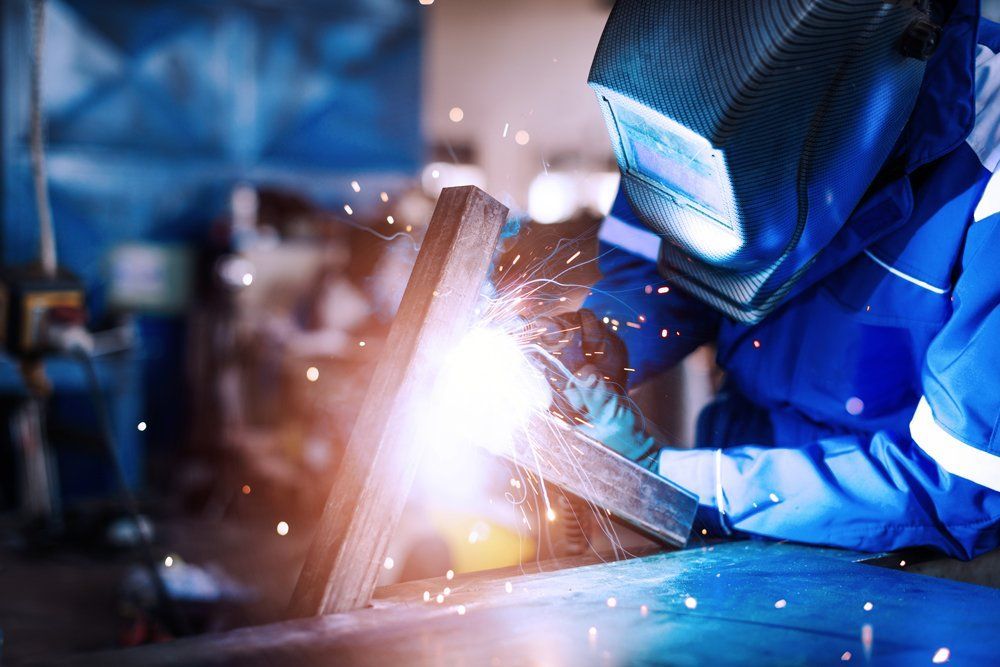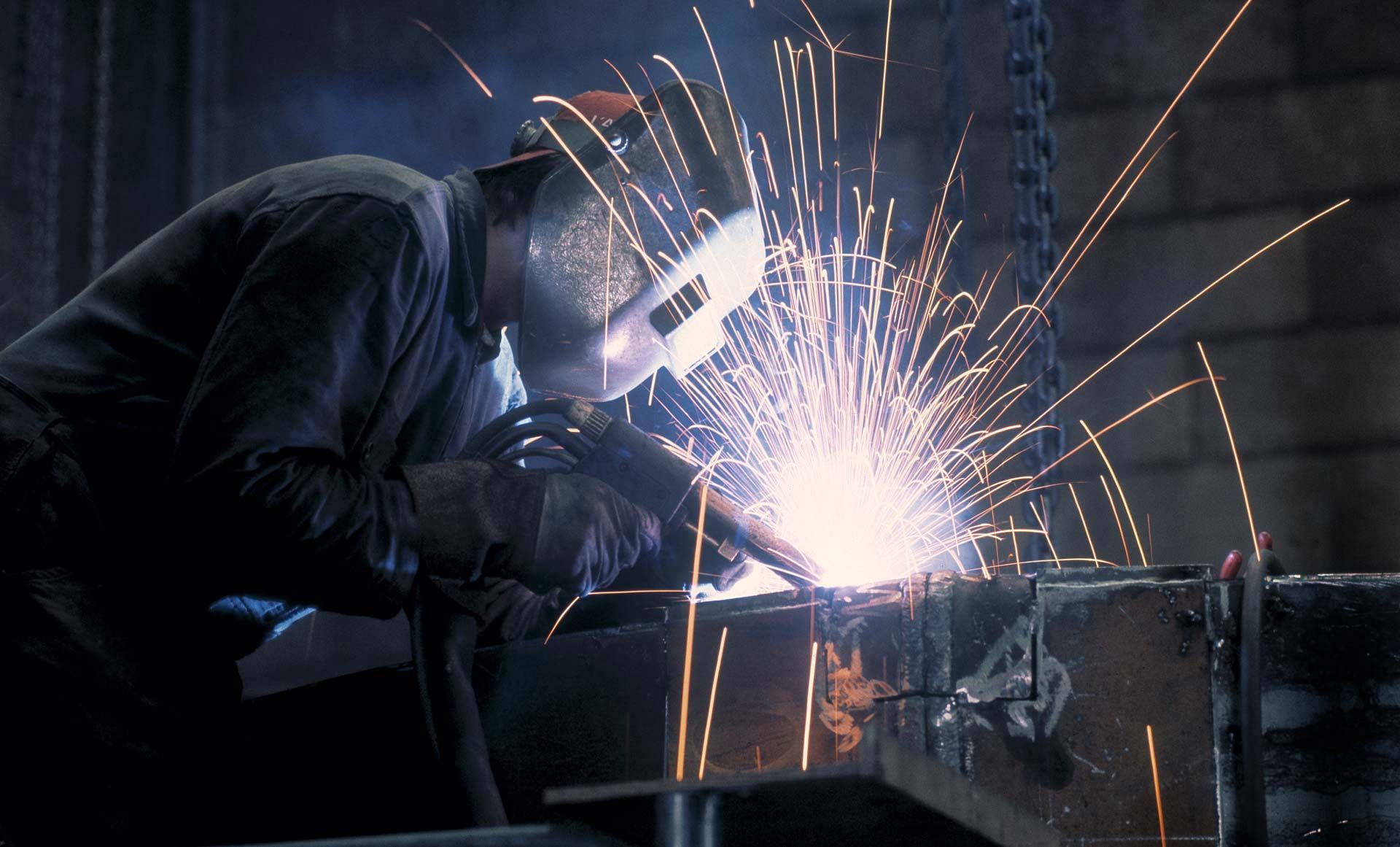How to Pick a Material for Your Next Fabrication Project
Picking a suitable fabrication material is a crucial part of your project. You may consider the obvious issues such as weight and price tag, but the success of a fabrication project depends on a wide variety of factors. Read on to discover three major criteria for picking materials for your next project.
Tensile Strength
If your project involves an application where the metallic sections experience tension, you need a strong material. The tensile strength measures a metal's ability to resist the forces exerted from the outside. Such forces vary depending on the load or impact. Still, you must choose a material whose strength exceeds your targeted load to ensure it does not fail.
Different projects require specific materials. For example, steel is a common choice for automotive projects since its strength makes the vehicle safe for passengers. Variants of steel, such as advanced high strength steel, are ideal for mass production of cars or minor renovation projects. This type of steel only fails when the load exceeds its very high yield strength.
However, you can pick a material with minimal strength for vehicle components that do not bear loads. Safety components, such as your car's door panels and chassis, must be strong, but your dashboard might not need all that strength.
If you have a home improvement project, you could consider aluminum window frames since the material is stronger, less expensive, and more durable than wood.
Weldability
Welding is an easy way to form joints. The welded joints gain the same strength as the parent material, so your build turns out perfectly. Your design also gets a smooth and simplistic appearance. You may also weld in any shape and direction, making welding a versatile tactic for creating joints. Therefore, ask yourself how easily welded your chosen material is.
Materials that are simple to weld produce durable structures. If the process is easy and direct, the welder makes high-quality joints. For example, you can weld steel using various welding tactics such as tig, MIG, or stick. Therefore, the material shortens the project timeline and allows you to incorporate a wide range of designs.
Other materials, such as aluminum, require attention and expertise. The thermal conductivity and low melting point make aluminum easy to burn and damage when welding. Still, its low density and excellent corrosion resistance properties could motivate you to choose this material. As a rule, ensure you have the appropriate tools when welding such a material.
Machinability
Your project might involve other processes apart from welding. For example, you might need to put your work piece on a lathe or milling machine. Some materials, such as titanium, are difficult to machine and cause serious delays in your project. Unless you need medical and aerospace parts, you might save time by picking alternatives.
Other metals, such as magnesium, are light and easy to machine. Magnesium is also easy to weld, and you may use different welding methods. Working with magnesium makes your work easier since the machining process takes a short period.
However, the material you pick must also be appropriate for your machines. For example, you can choose aluminum, steel, copper, titanium alloys, lead, and brass when you have a CNC plasma cutter. Nevertheless, you might shy off from tungsten since it requires professional cutting equipment.







